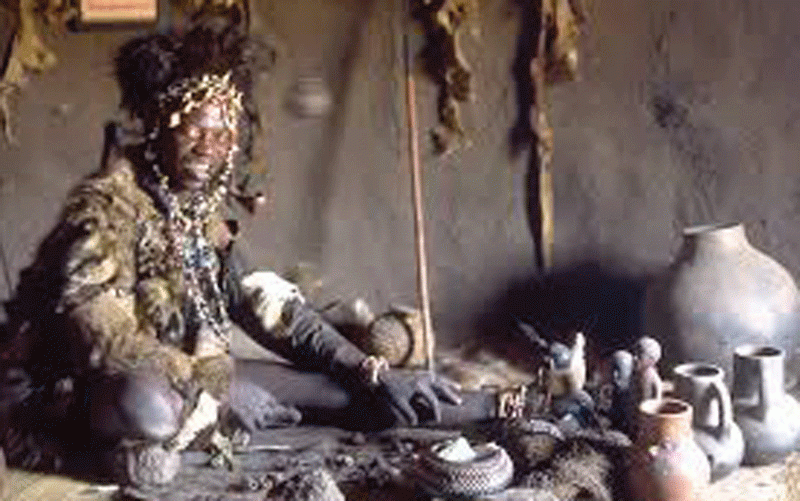
History has taught black people that the origins of their faith and religious beliefs are rooted in the existence of ancestors.
These ancestors, not necessarily people who existed before us, but rather spiritual guides in the afterlife, have the power and ability to influence the destinies of those who are still living.
However, post-colonialism and independence led many Africans to convert to Christianity and be baptised.
This religion is centered on the deity of the one true God.
Despite this conversion, there has been a renewed interest in, and belief in the existence and power of ancestors.
“Aubrey Sandile Ncube, a Zimbabwean author has bravely tackled the complex and often contentious relationship between traditional beliefs and Christianity in his latest book.
“This thought-provoking anthology delves into the heart of the conflict, sparking crucial conversations about identity, culture, and spirituality.
"I have always been fascinated by the dynamics between African traditional religion and Christianity," Ncube said
- ZRC wraps up stakeholder consultations
- Letter from America: Ariel Primary: A school that teaches pupils to be angels
- Grace tidings: Faith of God: The access code to victorious living
- Grace tidings: Right and wrong thinking
Keep Reading
“Growing up, I witnessed how these two faiths intersected and sometimes clashed in my community.
“Like many others, I grapple with unexplained spiritual phenomena — goblins, ghosts, powers, and spiritual portals.
“This book sheds light on these mysterious aspects, encouraging debate and reflection."
By documenting Zimbabwe's rich cultural heritage from past to present, Ncube employs fictional characters to drive various plots and themes.
“This approach humanises the complexities, making the book relatable and engaging.
"For me, writing is an ongoing journey," Ncube said, describing the creative process.
"There are times I stop on that road and reflect on how far I have gone and still have to go.
“I face challenges as lessons, a time and a season to take a break. But shortly, I continue with the journey until I reach my destination."
Through stories like "The Calling" and "I Will Kill the Ancestors," the author juxtaposes the call of the African Healer and the Christian Prophet, raising essential questions about coexistence.
"Can these two faiths find common ground?" he asked. "I wanted to explore the tensions between these faiths but also highlight the human experiences that unite us. It's a book that mirrors Zimbabwean traditions, culture, and religion."
By documenting Zimbabwe's rich cultural heritage, Ncube employs fictional characters to drive various plots and themes.
This approach humanizes the complexities, making the book relatable and engaging.
"As a Christian scribe, I aimed to highlight Christian foundations, teachings, and daily routines within a fictional framework," Ncube said.
"This book champions personal freedom, emancipation, and the right to worship. I felt deeply that my book would capture the unspoken conversations, unexpressed ideas, and ongoing human suffering in society."







